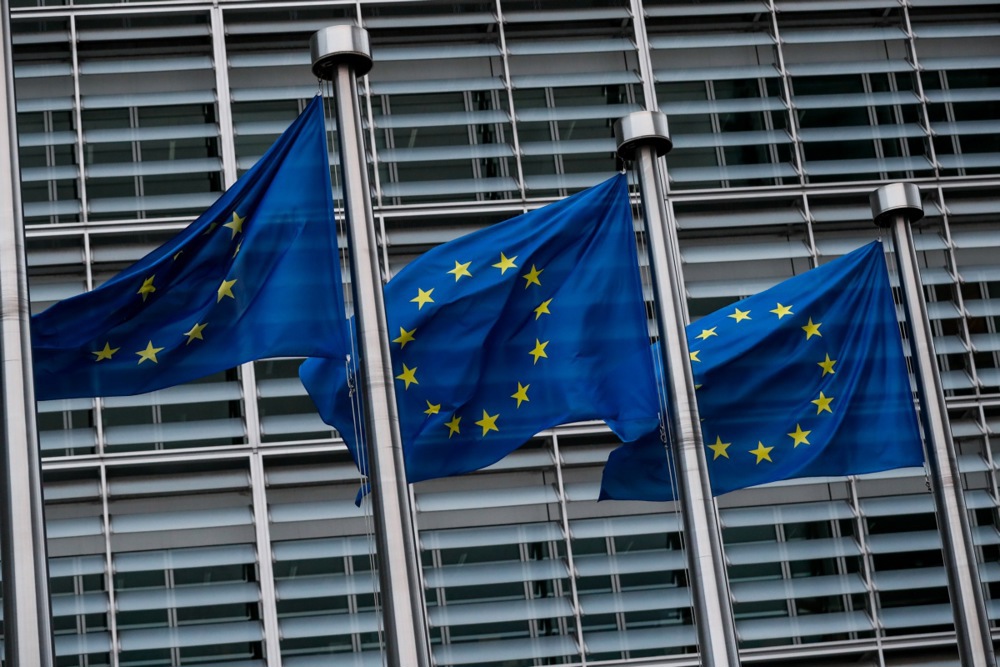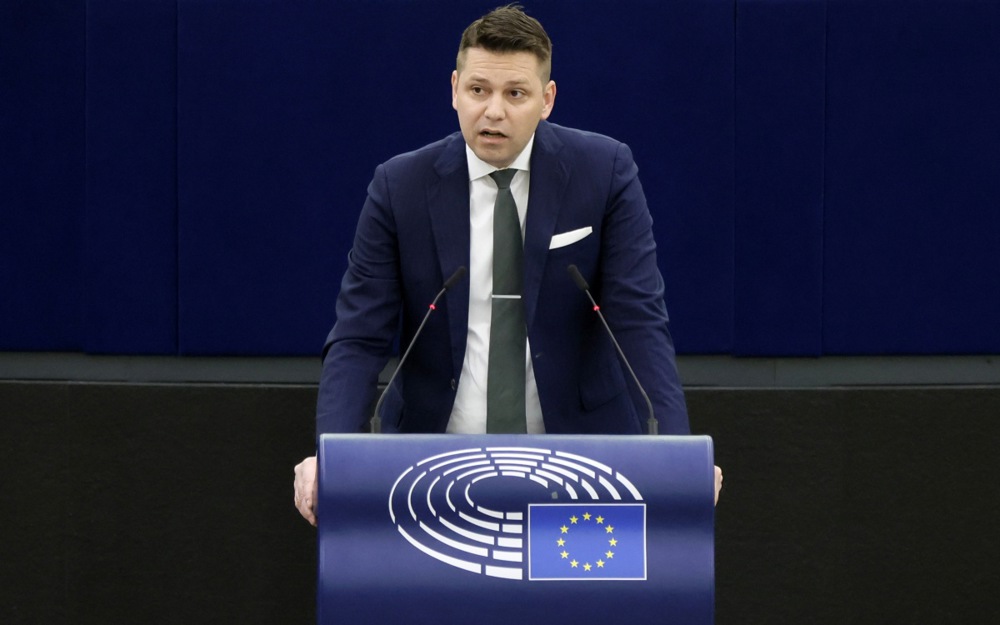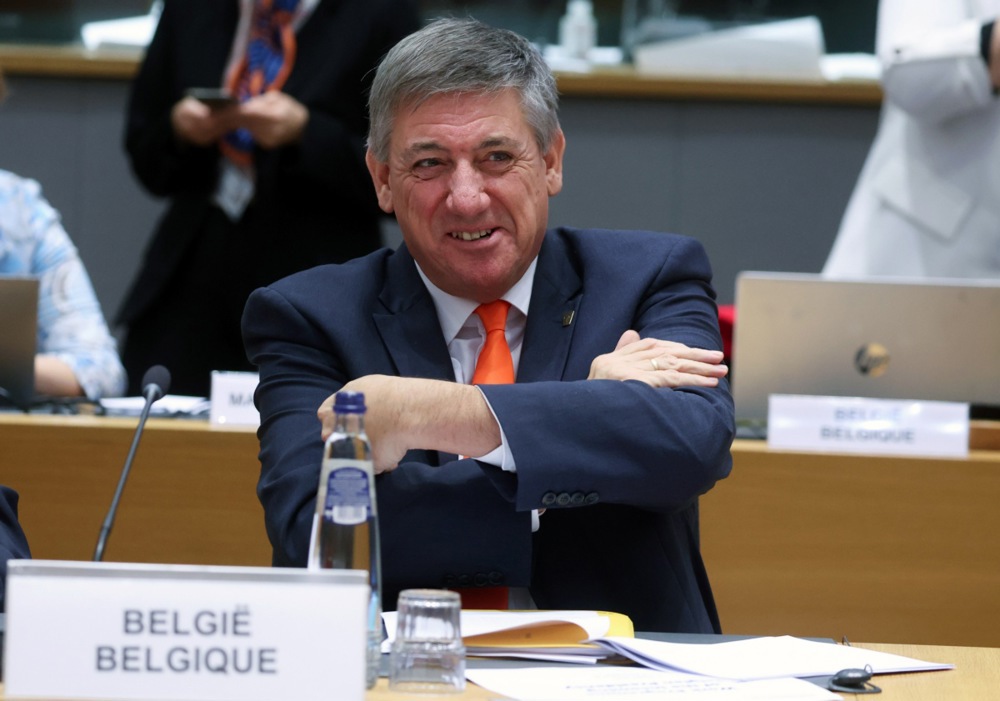Research by investigative journalists claims that almost a quarter of MEPs have been involved in a “scandal” at some point, or have actually broken the law.
That is according to groups including the German-registered Transparency International, a global movement whose mission is “to end the injustice of corruption”, and Follow the Money (FTM), a Dutch platform for “radically independent investigative journalism”.
At least 163 of the 704 MEPs who were scrutinised had at least one accusation of “transgressive behaviour, corruption, fraud, or theft” reported against them, in 253 incidents, according to FTM.
Of those MEPs, 23 were found guilty by the courts or otherwise penalised, it said.
Some 37 MEPS made news headlines for alleged “bullying” and “sexual harassment”.
Not all integrity issues are equally serious. One MEP was apparently fined for selling someone’s lost iPhone, while another misused the title of “professor” on a ballot paper.
Others are more concerning. “At least one parliamentarian is currently embroiled in a criminal case [Lara Comi, EPP]. Another is even behind bars [Ioannis Lagos, non-attached],” said FTM.
Of the alleged scandals reported, 45 involved corruption, 29 “nepotism” such as “favouring political relations”, while 16 allegedly involved bribery. Other misuses of privilege apparently included giving “assistant” jobs to family members and the abuse of travel expenses.
In addition, the investigation revealed 44 cases of fraud or theft, despite MEPs being financially well rewarded for their job, according to Transparency International, and with little oversight.
“Unfortunately, tampering with allowances and expenses is a favourite pastime of many MEPs,” claimed Nick Aiossa, director of Transparency International EU.
The findings come amid the debate on ethics and integrity in officialdom that have been raging in and around the European Parliament since the Qatargate scandal broke in December 2022. As part of that, a number of MEPs are accused of accepting large amounts of cash in exchange for providing political influence.
There have been minor reforms since Qatargate hit the headlines but European Ombudsman Emily O’Reilly has questioned the willingness of the Parliament to address what are seen as “ethical weaknesses”.
Aiossa said there was a “wide raging problem with integrity among MEPs”.
He also noted what he said was “a problematic culture within Parliament” that “looks away” when potentially difficult problems arise.
The European Union has introduced only “cosmetic changes” in its fight against corruption, according to Emily O’Reilly, the European Ombudsman. https://t.co/F8kvTUHf0j
— Brussels Signal (@brusselssignal) September 11, 2023
FTM worked with journalists from across Europe to collect data on cases where MEPs were named and, using the data, produced a “political integrity” index for quantifying such issues.
Only cases where there were concrete consequences, such as sanctions, reprimands or convictions, were included, or when there were “confessions or credible sources” that undermined denials.
Accusations looked at could range from corruption – be that bribery and/or nepotism, fraud and theft of funds – through to conflicts of interest via “donations” and so-called ancillary activities.
The “abuse of power, misuse and manipulation of information, waste and misuse of organisational resources, inappropriate and indecent behaviour and misconduct in the private sphere”, were also scrutinised.
A minister in Donald Tusk’s last government currently jailed on corruption charges is to be freed in order to allow him to become an MEP. https://t.co/RDQ76QzBs3
— Brussels Signal (@brusselssignal) November 8, 2023
In doing so, FTM said it wanted to keep an eye on integrity issues within the Parliament, as it claimed relevant data was scarce.
“By repeating this study in a few years with the same methodology, it is possible to make an informed judgement on whether integrity has improved or not,” it stated.
According FTM last year, 108 MEPs were required to repay more than €2 million between 2019 and 2022. They were discovered to have allegedly misused the allowances officially provided to their assistants.
Recurring problems, independent observers say, are that MEPs have general immunity from much prosecution and Member States are not always as strict as they could be regarding possible misbehaviour.
It may be that MEPs do not show up on “the radar” or can get away with wrongdoing simply due to a lack of official interest, it is feared.
Fraud, misconduct, or corruption: nearly a quarter of the current Members of the European Parliament (MEPs) have been involved in a scandal or violated the law at some point. https://t.co/eKKIztQyI7
— Follow the Money EU (@FTM_eu) January 31, 2024





